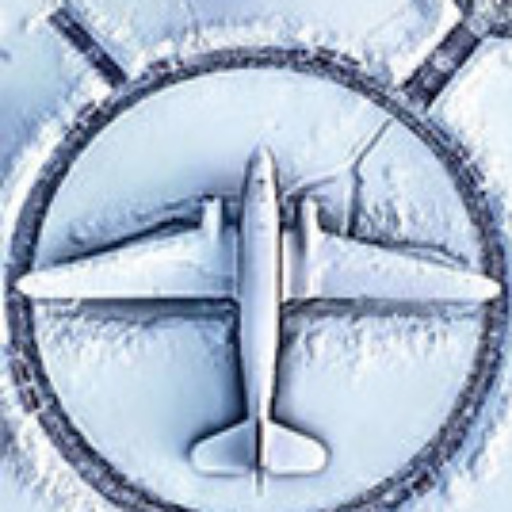Applications and Resumes
 Before you apply, make sure you understand the minimum requirements of your prospective employer. Sometimes you might not have everything the employer wants but you can still be an attractive candidate, however if you don’t have the basics, please don’t waste your future employers time or worse detract from your future prospects.
Before you apply, make sure you understand the minimum requirements of your prospective employer. Sometimes you might not have everything the employer wants but you can still be an attractive candidate, however if you don’t have the basics, please don’t waste your future employers time or worse detract from your future prospects.
There is one exception to this rule. If you are single minded and only want to fly for one airline, start writing early. You are not applying for a job, but you are writing to let XYZ Airlines to tell them how much you want to work for them and how you are working hard to ensure that you meet their requirements.
You can do this even when you are still at school. The airline will probably start a file for you. As you gain more experience you can drop them a line to tell them that for instance, you’ve just completed college or that you are about to start flight training. Every time you write, the letter goes onto your file. When the day comes, that you are ready to interview, the panel will be in no doubt of your commitment and dedication. The file will be there and you will have a head start!
For the rest of us there are two or three steps you may have to go through. Firstly make sure you check your future employers website for instruction in regard to how they like to receive applications. If you don’t, you may well have just failed the first screening test. Many of the larger employers ask for an online application and the first part asks you to answer a set of questions which should establish whether you are eligible to apply.
Smaller organisations may simply want you to send a copy of your resume or CV.
So first things first… Whats the difference between a CV and a Resume and more importantly when you should you use each? 
A Curriculum Vitae or CV is an in depth document that covers your education and achievements. CV’s always tend to be written chronologically and therefore doesn’t change. When you send a CV, its the cover letter that may differ. A CV will probably be 2 to 3 pages.
A Resume is a shorter document, usually only one page long. The idea is that in one page you are aiming to show any prospective employer why they should hire you. A resume generally changes for every position you apply for. Thats because you are highlighting your relevant skills to the employer.
Once you have the CV or Resume finalised, you need to turn your attention to the cover letter. This is not a regurgitation of the resume/cv but your opportunity, in a few paragraphs, to convey your character, your enthusiasm and your point of difference that makes you the ideal candidate.
Bearing in mind that so much rides on these documents, its well worth investing considerable time and effort. There are now numerous businesses offering assistance with resume and cover letter writing, however you should consider using an aviation experienced service who understand the subtleties of the industry.
There are many services out there but the one below are a few that we feel are worth working with.
